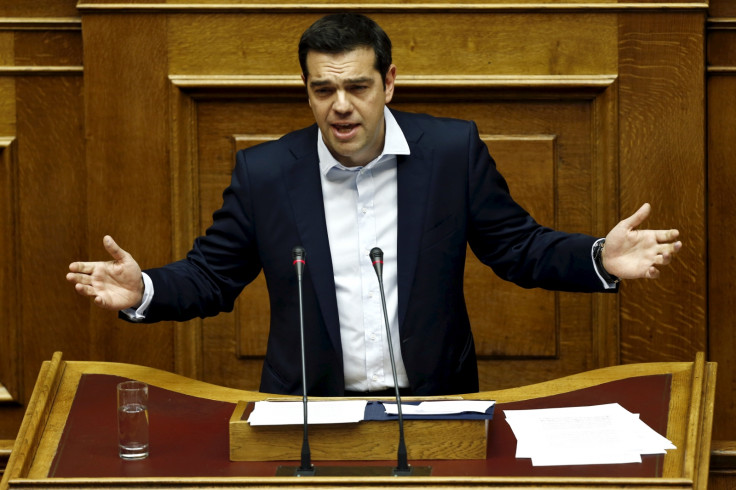Greek referendum: a "No" vote does not mean Grexit

Polls have closed in the Greek referendum to decide whether the country will accept a deal with its creditors.
Results will begin trickling in at 7pm GMT. Early straw polls conducted by telephone calculate a 52% "No" lead ahead of 48% "Yes" vote.
Three other polls paint a similar picture. Another places "No" at 51.5% and "Yes" 48.5%. Alpha TV predicts "No" at 49-54% and "Yes" somewhere between 45-50%. Yet other numbers from Athens show "Yes" ahead in the capital.
In this vote the Greek people "send a powerful message of dignity and determination," said Greek Prime Minister Alexi Tsipras Sunday. He insists that they are "making their own choices."
European leaders have suggested that a "No" vote means Greece will leave the Eurozone and European Union. But that idea is "false," according to prominent economist Jeffrey D. Sachs, Professor of Sustainable Development at Columbia University.
Following the fall of the USSR in 1989 Sachs helped restructure Russia's economy and transition many eastern European economies from central planning. By invitation he advised both Soviet president Mikhail Gorbachev and Russian president Boris Yeltsin on the move to a market economy.
On 3 July Sachs took a stand on what he thinks a "No" vote will mean and what happens next. "The Greek crisis is a tragedy for the country and a danger for the world economy," he said. He points out that Greece "cannot be forced" to leave the eurozone "under the treaties governing the European Union."
A "Yes" vote by Greeks would lead the country to accept an austerity reform program drawn up by the European Central Bank and International Monetary Fund that was handed to the country on 25 June. On 30 June the country defaulted on a €1.55bn (£995m, $1.72bn) payment to the IMF. As it stands the country will default on a €3.5 billion payment it owes the ECB on 20 July.
If Greeks reject this proposal it would send Greece and its creditors back to the drawing board. What the Greek government wants, Sachs said, "is to remain in the eurozone, with a lower debt burden."
He proposes a four-step plan to achieve this. First, he calls for a "No" vote. Second, he said that Greece should hold off servicing its debts before coming to a restructuring deal later this year — instead using what money it has to support pensions and the other needs of its people. Thirdly, he called on Tsipras to show leadership and reassure Greeks that they will get through this.
And finally, and most importantly, Greece and Germany must negotiate and agree a package of economic reforms the restore growth while providing debt relief. He lays the blame of the current crisis at the feet of both groups.
"A country does not reach Greece's parlous state without a generation of egregious mismanagement," he said. "Nor does a country go bankrupt without serious mistakes by its creditors – first in lending too much money, and then in demanding excessive repayments to the point of the debtor's collapse."
© Copyright IBTimes 2025. All rights reserved.





















